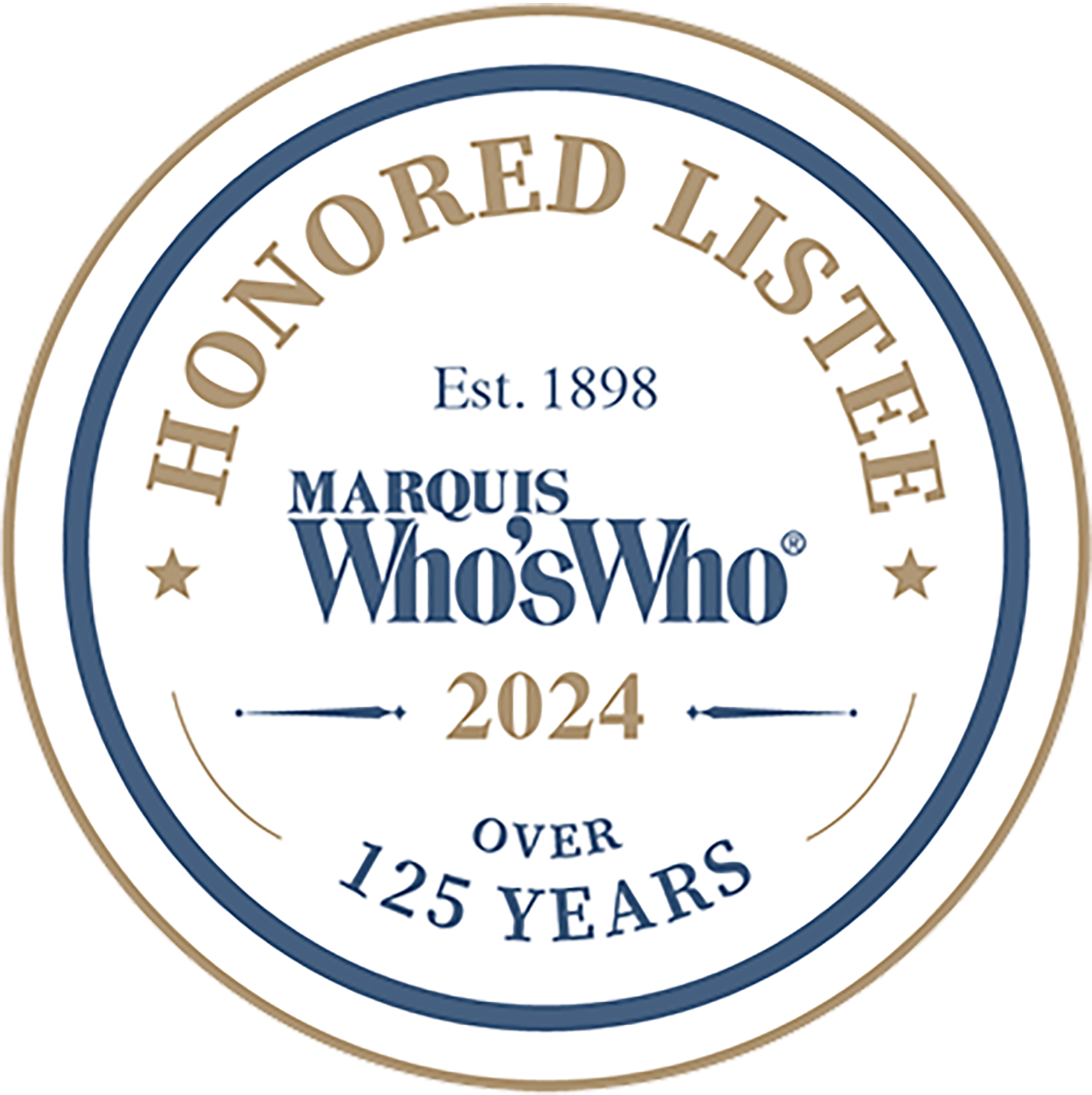AngelCity
BusinessDevelopment
AngelCity
DigitalMarketing
BusinessDevelopment
The Angel City
Blog & Articles
The Angel City Blog

The Power of a Question (and Answer): Knowing Your Value and Communicating It
"To be yourself in a world that is constantly trying to make you something else is the greatest accomplishment." – Ralph Waldo Emerson
"Why would I pay you that much when the job took only 3 hours [or other seemingly insignificant time period]?"
Role play: You’re an aerospace radiation engineer working for the satellite division. While in a design meeting with a customer, they want to know how a particularly “sensitive” part in your design will be protected from high-energy solar and cosmic particles (called “Single Event Effects”, or SEEs), as such SEEs can irreversibly damage the part and cause catastrophic failure to the satellite, costing the customer hundreds of millions of dollars. Their concern is well-justified. So, do you know the answer? As someone who has performed and consulted on these analyses, I can tell you there are at least three ways to mitigate such SEEs. But the point of this post is to answer another question, the first question.
The question of why I should get paid so much to do something that took a seemingly insignificant amount of time gets thrown around me and business conversations quite a bit. It’s a valid question for people who don’t understand the difference between paying someone for the value they bring you versus the time they give you, which is ironic because most business owners would like to get to the point where they get more money for the work and time they put in.
There are many “correct” responses to these questions, but here are mine:
First, know your value. If you can’t recognize or articulate your worth, then you will never be able to defend against such accusatory questions, let alone justify getting paid as much as your worth to yourself. Now, you can’t ask for an obscene amount of money, but if you are providing something that is genuinely valuable to someone, you believe in it, and you recognize your value, then you should be able to confidently ask for it.
Here are a few pointers to get you started on articulating your worth:
1. Most likely, you’ve been educated on something specialized. Like me, I spent years of school and on the job to be able to answer the question in the opening SEE scenario. It would have taken years for someone else to know the physics of what’s going on, identify the problem, come up with viable and specific solutions, and know how to implement them. So, maybe the customer is not only paying for your 20-minute consultation, for example, but also for the years it took for you to consult them.
2. Now, if you’ve been educated, then, most likely, that education came with a price tag. You’ve already invested in your education and experience with your not only your time, but your wallet. Part of charging at a particular price point is compensatory in that you have invested in yourself so that you could be valuable to someone else. Now it’s their turn to invest in you.
3. Next (and this may not necessarily apply, but it’s good to have in your back pocket), they may not just be paying for you, but to access to your resources they may not otherwise have access to. Consider this: You have a network and you have tools. When someone signs on with you, they may get access to people and resources they might not have.
4. Lastly, chances are you’ve done your homework and you offer an advantaged or competitive solution above your peers in the same field. Sure, your client or prospective client can go with someone else, but then they wouldn’t get YOU. And you have the education, experience, trial and error, intuition, tools, and network of YOU.

Me, at the Grand Canyon
Without meaning to sound too cliché, the point is that rather than focusing on your offer (which is important, mind you) you also have a vast ocean of competitive advantage if you reach back into the annals of your history, being, experience, knowledge, and network.
Second, communicate your value (without sounding arrogant). Now that you are confident in yourself because you’ve taken the time to evaluate and articulate the unique qualities that make you special, you must now articulate those qualities and how they’re advantageous to your clients and customers in a MID way (Meaningful, Impactful, and Deep) specific to their needs. There are general ways to do this and specific ways. The specific ways will depend on the context: industry targeting, person talking to and the relationship you have with them, and your offer or solution. But the general ways are still relevant to all industries:
1. You have a unique experience that almost certainly is advantageous. Your experience is characterized by time, mistakes, successes, conversations with experts, working in related fields or on related projects, making good or bad decisions, and other learning opportunities. You don’t need to be too specific here. All of your learning, education, and experience is fair game, no matter the industry.
2. You are not a peg. In other words, you can communicate that in addition to your contractual or employment obligations, they will get your experience and expertise in other ways. I, for example, have at least semi-professional experience in engineering, photography, coding, writing, editing, and design. So, a potential client gets my eye in all these things as an added benefit. And I certainly offer that to them. If I see some inefficiency that is not technically part of my contract to resolve, I will offer my suggestions anyways. Sometimes I do this free and sometimes for charge.
3. Articulate your weaknesses openly. I’d say this is what separates the real from the façade. A person who, if asks, can say, “To be honest, I’d rate myself a 6/10 for that task, but I certainly can learn” and “I’m really not interested in that part of the job to be honest” positions themselves more offensively in the conversation rather than being defensive. If someone told me straight up that they were a 6/10, I’d be super impressed. It shows confidence, honestly, and a straightforwardness. I know that if I hired or partnered with this person, they would tell me if they couldn’t do something. I wouldn’t have to worry about them trying to impress me by taking on projects with a false sense of ability, thus making me waste time and money on fixing their issues. I would also recognize that this is a rare trait, and I wouldn’t get this from just anyone. This person is gold. Part of being willing to say your weaknesses with confidence comes with knowing how strong you are in other ways, even if those are not directly applicable to the job or contract. If I went into an interview nowadays, I certainly would say this. I would know without a shadow of a doubt that, even though I may not be able to do this particular task, I could bring so much more value to the organization through my other skills and knowledge.
4. Always maintain a balance between self-confidence and humility. The best way to do this, in my opinion, is to be curious about the problems your prospect faces. You’ll impress them with the intelligent and specific questions you have. The more you get to know about their problems by asking educated questions, the more the prospect will feel comfortable with you without feeling like you’re selling yourself. Let your questions do the selling. If they want to know something specific about you, they’ll ask. And when they do, then it’s no longer arrogant to give them a little picture of what you can do.

Pic I took leaving on a cruise ship to Mexico out of LA Harbor
And third, stand firm in your value. We, as consumers, subconsciously valuate the quality of a product or service by how much we’re charged. If a client or prospective client says your too expensive and you acquiesce to such complaints, your value is diminished. It’s not the case that you can’t make exceptions sometimes, but if we concede too much ground at the wrong times, then the worth of even our most advantageous products, services, and qualities will be dampened. If you hold your ground, then you remain the expert. If you concede ground, then you’re needy. An expert knows their value and doesn’t work for less than their offer. Know your value, articulate it, and be willing to walk away. If a prospect is not willing to offer you your due wages, then they don’t recognize your value and don’t deserve your business. These people will be a thorn in your side if you try to fit into their box.
Please don’t take away from this that I’m telling you that you can charge anything. You should, especially at the beginning, be willing to test the waters and value yourself appropriately in the market. But don’t sell yourself short either. Usually, there are people and businesses that need someone just like you. Even if you’re not the best at what you do, there are businesses that can’t afford the best but can afford you. So, you will fit their bill perfectly.
If you're ready to optimize your business and marketing processes through effective, scalable, and automated digital marketing strategies, then book a call with us today. We'd love to learn about your business and your goals.



